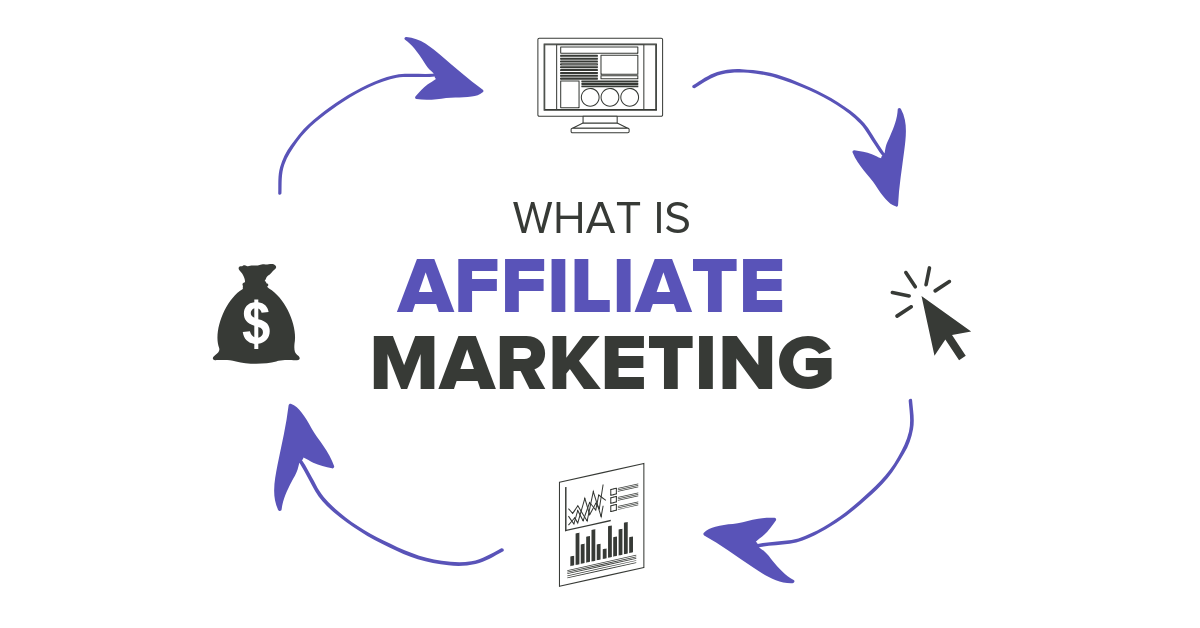
Google’s search results are shifting faster than ever. Many affiliate marketers even those running decent sites are seeing rankings tank. It’s not always because they did something “wrong.” The landscape has changed, and so have Google’s expectations.
This guide breaks down why even good affiliate sites are getting deranked, what signals Google cares about now, and how to future-proof your strategy heading into 2025.
Content Saturation & AI Overuse
The internet is flooded with average content. AI tools have made it easier than ever to churn out articles, but most of them read the same. They recycle information without adding depth, originality, or real-world experience.
Google knows this. That’s why the algorithm now actively pushes down shallow, AI-spun, or redundant content even if it’s technically “optimized.”
If your site leans too heavily on generic AI writing without editing, fact-checking, or adding unique insights, it blends into the noise. And Google’s mission is to surface the best, most useful content, not just the most content.
The bottom line: you can’t just scale words. You need substance.
keters, this means you can’t afford filler reviews or listicles. Every page needs to deliver unique value.
Over-Optimization Triggers
Google is better at spotting SEO manipulation. Common pitfalls that now hurt rankings include:
- Keyword Stuffing: Forcing exact-match phrases unnaturally.
- Aggressive Internal Linking: Linking every instance of a keyword to the same page.
- Overdone Topical Clusters: Publishing endless shallow posts around the same theme without unique angles.
Balance matters. Over-optimized content looks like it’s written for bots, not humans and Google punishes it accordingly.
AI-Driven SERPs & Zero-Click Searches
Even if you rank, you might notice fewer clicks. Why? Because Google is keeping users on the SERP with:
- AI Overviews that summarize answers at the top.
- Rich snippets showing product details, ratings, or FAQs.
- Knowledge panels pulling info directly from trusted sources.
For affiliate marketers, this means you must go beyond surface answers. If your article is just a summary, users won’t need to click. Instead, offer depth case studies, personal tests, comparisons that AI summaries can’t replicate.
YMYL (Your Money, Your Life) Strictness
In sensitive niches like finance, health, legal, or lifestyle, Google applies extra scrutiny. This is the YMYL principle: bad advice here could harm someone’s life.
To rank in YMYL niches, you need:
- Credentials: Author bios that prove expertise (degrees, certifications, experience).
- Trust Signals: External publications, PR mentions, or LinkedIn profiles.
- Transparency: Real disclaimers, about pages, and privacy policies.
Affiliate sites without authority figures behind them often get pushed down in favor of trusted brands.
Site Reputation & Link Quality
Link-building has changed. Google now looks at site reputation as a whole, not just backlinks.
That means:
- High-Quality Mentions: PR coverage, brand mentions, podcast appearances, and quotes in credible media.
- Relevant Backlinks: Fewer but stronger links beat mass-produced guest posts or PBN links.
- Clean Profile: Spammy or irrelevant links can actively hurt your trust signals.
Affiliate sites that rely on “old school” link-building tricks often get suppressed compared to brands with genuine authority.
What Else You Need to Do to Rank in 2025
Here’s how affiliate marketers can adapt and thrive despite all the changes:
Prioritize Real-World Experience
- Share case studies, experiments, or personal usage tests.
- Add unique visuals like original photos, screenshots, or comparison charts.
Strengthen Author Bios & Brand Authority
- Build real LinkedIn profiles for authors.
- Pitch guest posts or features in industry publications.
- Invest in PR to grow perceived trust.
Prune or Noindex Weak Content
- Audit your site.
- Remove thin articles that don’t serve users.
- Focus on keeping only strong, evergreen content.
Improve UX Metrics
- Page speed: under 2 seconds is ideal.
- Mobile design: fast, easy navigation.
- Interactivity: add comparison tools, calculators, or filters.
Diversify Traffic Sources
- Relying only on Google is risky.
- Build an email list, social media following, or YouTube channel.
- Drive traffic even if rankings fluctuate.
Go Deeper into Subtopics
- Instead of publishing 50 shallow posts, write 5 in-depth guides.
- Cover sub-angles others miss advanced comparisons, niche use cases, troubleshooting.
Build Community & Engagement
- Enable comments, forums, or review systems on your site.
- Encourage discussion and user-generated content.
- Google values community-driven signals it shows you’re trusted.
Old vs. Modern Affiliate SEO Tactics
| Old Approach (Pre-2022) | Modern Approach (2025) |
| Publish as much content as possible, even thin reviews | Fewer but in-depth, experience-driven guides |
| Heavy keyword stuffing to rank for exact matches | Natural language and semantic relevance |
| Generic product reviews with stock images | Original photos, videos, and personal tests |
| Mass guest posting and PBN links | PR mentions, brand collaborations, and editorial links |
| Focus on one main traffic source: Google | Diversified traffic: email, YouTube, social |
| Ignoring author profiles or bios | Strong author E-E-A-T (experience, expertise, authority, trust) |
| Overusing topical clusters with shallow posts | Deep dives into subtopics with unique insights |
| Relying on quick monetization wins | Building long-term brand reputation |
FAQs: Affiliate Marketing & Google Updates
1. Why is my affiliate site losing rankings even if my content is good?
Because “good” isn’t enough anymore. Google now looks for unique experience, depth, and trust signals. If your content is generic or similar to competitors, it may still be considered low-value.
2. How do I know if I have too much weak content?
Audit your site. Look for articles with low traffic, high bounce rates, or no backlinks. If they aren’t adding value, consider pruning, rewriting, or noindexing them.
3. Does Google hate AI-generated content?
Not exactly. Google dislikes unhelpful AI spam. If you use AI as a tool but add editing, fact-checking, and personal insights, your content can still rank.
4. What’s the most important ranking factor in 2025?
It’s not one single thing—it’s a mix of E-E-A-T (experience + authority), user engagement signals, and site reputation. Together, these form Google’s trust framework.
5. Should I still focus on building backlinks?
Yes, but quality > quantity. A single link from a respected publication or brand mention is more powerful than dozens of spammy guest posts.
Final Thoughts
Google isn’t out to “kill affiliate marketing.” It’s out to kill low-value affiliate sites. The winners in 2025 will be creators who:
- Show real expertise.
- Deliver original insights.
- Build trusted brands, not just keyword sites.
If your site feels like a human, not a machine, you’ll stand out in a sea of AI-generated fluff.
Affiliate marketing isn’t dead it’s evolving. Those who adapt will not just survive the updates but build long-term authority that no algorithm shift can erase.





